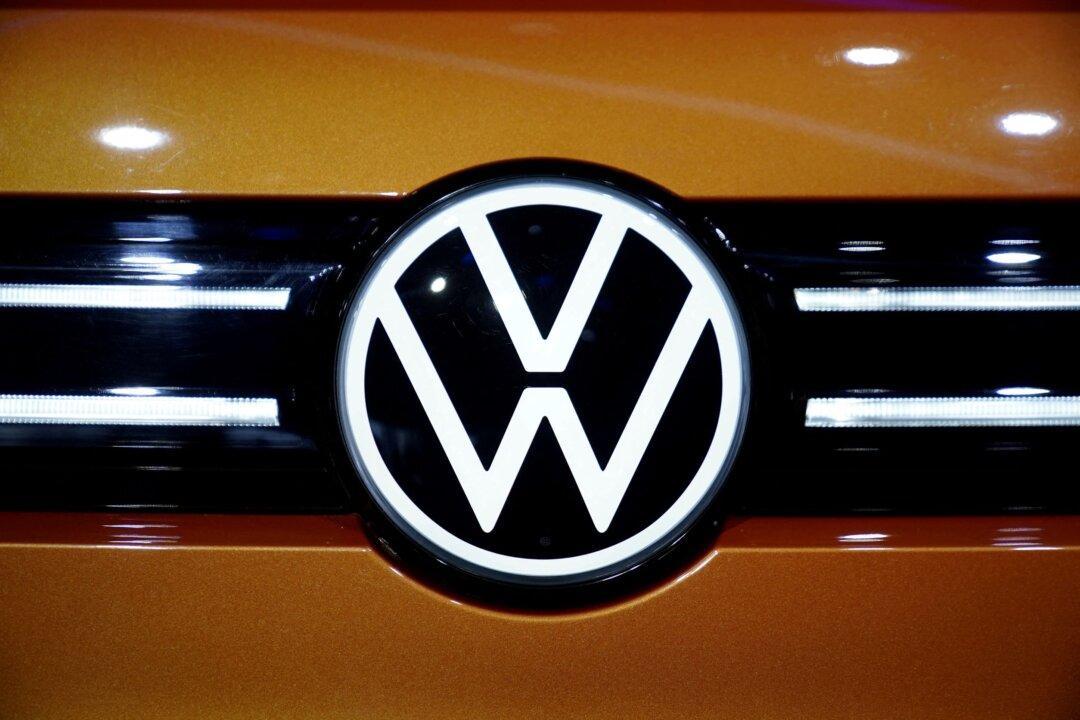FRANKFURT—Volkswagen AG, Europe’s top carmaker, doubled its operating profit in 2021 but warned that Russia’s invasion of Ukraine and its impact on supply chains could hit business this year in unforeseen ways.
Carmakers are scrambling to find alternative sources of vital parts made in Ukraine, including wire harnesses, from as far afield as China and Mexico, as Russia’s invasion halts assembly lines and breaks complex supply chains.





